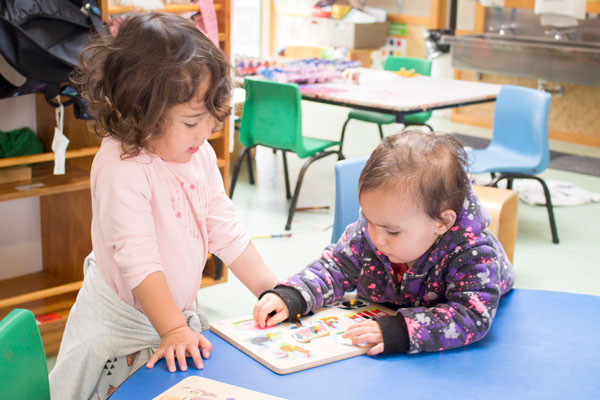Early childhood education (ECE) lays the foundation for lifelong learning and development. In New Zealand, ECE is recognized as a critical stage in a child’s growth, providing essential skills and knowledge that shape their future. This article explores the importance of ECE in New Zealand, highlighting its benefits, the role of quality childcare, and the impact on society.
Benefits of Early Childhood Education
Cognitive Development
Early childhood is a period of rapid brain development. Quality ECE programs stimulate cognitive growth through activities that promote problem-solving, creativity, and critical thinking. Research shows that children who attend ECE are better prepared for school, achieving higher academic performance and demonstrating improved cognitive skills.
Social and Emotional Development
ECE helps children develop essential social and emotional skills. Through interactions with peers and teachers, children learn to communicate, share, and collaborate. These skills are crucial for building healthy relationships and emotional resilience. ECE also provides a structured environment where children can express their emotions and learn to manage them effectively.
Physical Development
Physical activities in ECE settings support the development of fine and gross motor skills. Outdoor play, arts and crafts, and other hands-on activities help children develop coordination, balance, and spatial awareness. Encouraging physical activity from an early age promotes healthy growth and instills habits that contribute to lifelong well-being.
The Role of Quality Childcare in New Zealand
Accessibility and Affordability
Quality childcare nz is essential for ensuring that all children have access to ECE. The government provides funding and subsidies to make ECE affordable for families, recognizing the long-term benefits of investing in early education. Accessible childcare options enable parents to participate in the workforce, contributing to economic growth and stability.
Qualified Educators
The success of ECE largely depends on the quality of educators. In New Zealand, ECE teachers are required to have specific qualifications and ongoing professional development. Qualified educators create a nurturing and stimulating environment that supports children’s learning and development. They are trained to recognize individual needs and adapt their teaching strategies accordingly.
Inclusive Practices
New Zealand’s ECE sector is committed to inclusive practices that cater to the diverse needs of all children. This includes providing support for children with disabilities, those from different cultural backgrounds, and those who speak different languages. Inclusive ECE settings foster a sense of belonging and respect for diversity, preparing children to thrive in a multicultural society.
Impact on Society
Economic Benefits
Investing in ECE has significant economic benefits. Studies show that children who attend ECE are more likely to succeed academically, leading to higher earning potential and reduced social welfare dependency. Furthermore, quality childcare enables parents to work or pursue further education, increasing family income and economic productivity.
Social Cohesion
ECE promotes social cohesion by fostering understanding and respect among children from diverse backgrounds. Early exposure to different cultures and perspectives helps build a more inclusive and harmonious society. By promoting social skills and emotional intelligence, ECE also reduces the likelihood of antisocial behavior and contributes to safer communities.
Lifelong Learning
The skills and knowledge acquired in ECE form the basis for lifelong learning. Children develop a love for learning, curiosity, and a growth mindset that stays with them throughout their lives. ECE programs encourage exploration and discovery, setting the stage for continuous personal and academic growth.
Conclusion
Early childhood education in New Zealand is a vital component of the country’s educational framework. The benefits of ECE extend beyond individual development to encompass broader societal and economic gains. By prioritizing quality childcare, New Zealand ensures that every child has the opportunity to thrive and reach their full potential. Investing in early education is an investment in the future, fostering a generation of capable, confident, and compassionate individuals.





